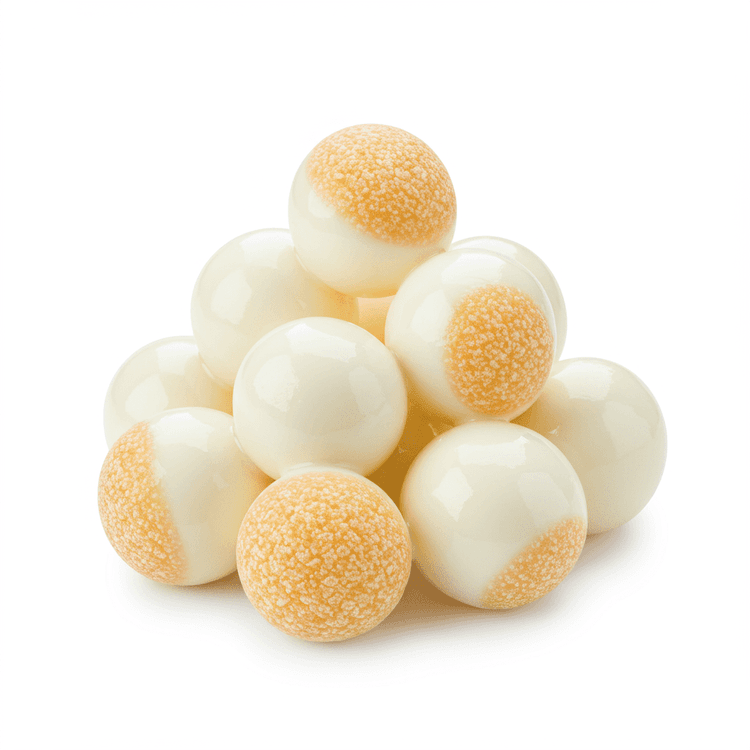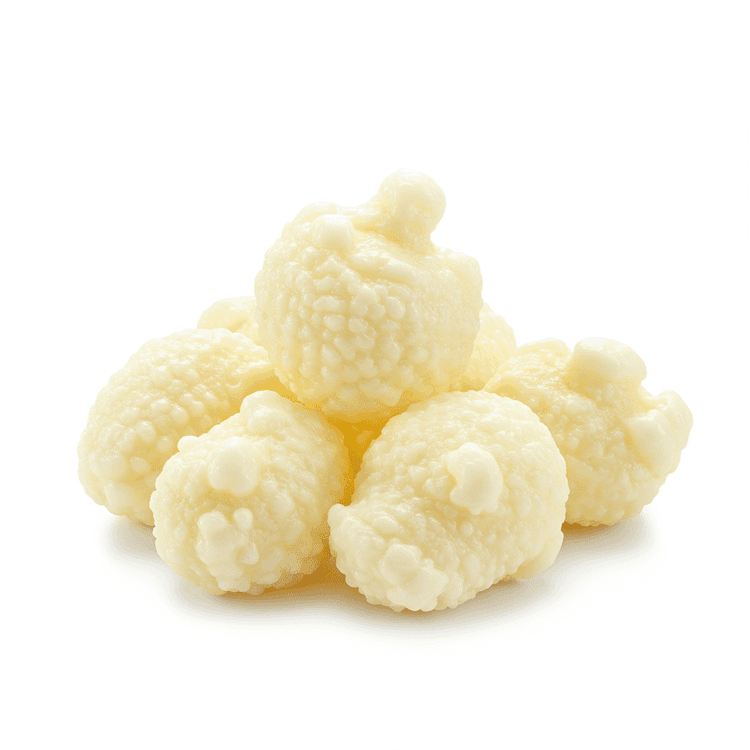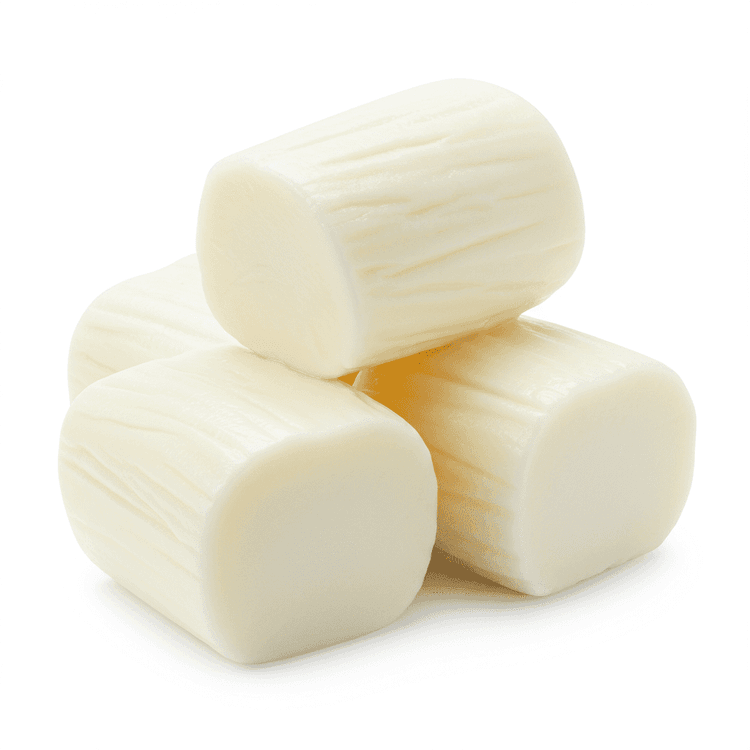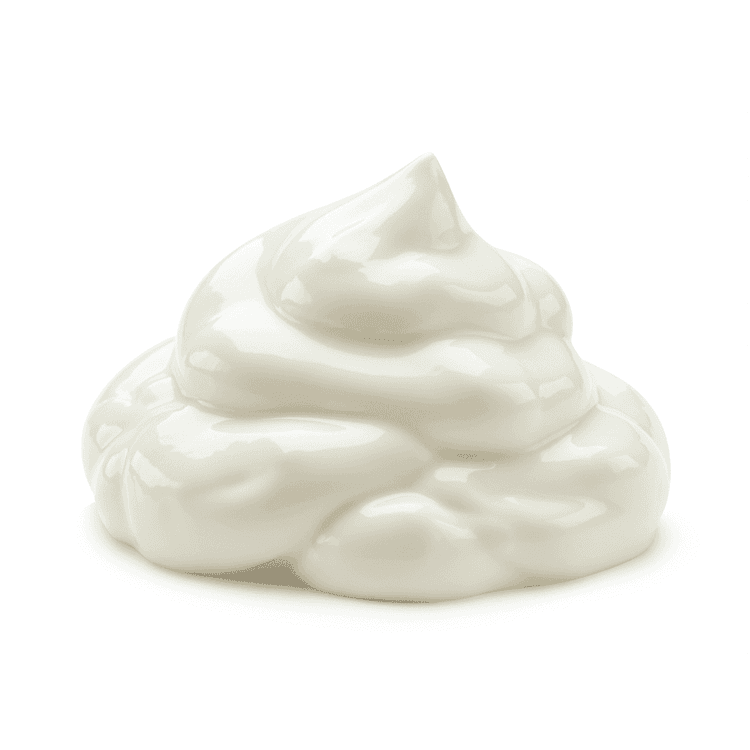
Yogurt Culture
Yogurt culture is a live culture consisting of beneficial bacteria, primarily Streptococcus thermophilus and Lactobacillus bulgaricus, essential for fermenting milk into yogurt. These cultures impart a slightly tangy and acidic flavor to yogurt, while also thickening its texture. The appearance of yogurt made with these cultures is typically smooth, creamy, and white or off-white. Using a yogurt culture lets you make homemade yogurt ensuring freshness and customize thickness. It's a crucial ingredient for creating probiotic-rich and delicious yogurt at home.
Common Uses
- Used to ferment milk to create homemade yogurt, offering a creamy and tangy dairy product with live and active cultures.
- Added to milk at a specific temperature and incubated to produce a variety of yogurt types, including Greek yogurt, regular yogurt, and flavored yogurt.
- Employed as a natural thickener in sauces, dips, and smoothies, adding a subtle tang and probiotic benefits.
- Utilized in baking recipes, adding moisture and a slight tang to cakes, breads, and muffins, while also enhancing their texture.
- Incorporated into marinades for meat, providing tenderizing enzymes and a subtle acidic flavor that enhances the overall taste.
- Applied for culturing non-dairy alternatives, creating vegan yogurt from soy, almond, coconut, or other plant-based milks.
Health Benefits
- Supports gut health with beneficial probiotics, aiding digestion and nutrient absorption.
- Boosts immunity by introducing live and active cultures that help balance the gut microbiome.
- May improve lactose digestion for some individuals with lactose intolerance due to the cultures breaking down lactose.
- Can contribute to bone health, as some yogurt cultures enhance calcium absorption.
- Supports weight management by promoting feelings of fullness and potentially influencing metabolism.
Substitutes
Chefadora AI is here.
Experience smarter, stress-free cooking.
Storage Tips
Yogurt cultures are best used fresh. If using a starter culture, store it in the refrigerator in an airtight container. Dried cultures can be kept at room temperature in a cool, dark place until the expiration date. Once activated, store yogurt according to instructions, generally in the refrigerator. Homemade yogurt should be consumed within 1-2 weeks for optimal freshness and probiotic activity.
Marnirni-apinthi Building, Lot Fourteen,
North Terrace, Adelaide, South Australia, 5000
Australia



